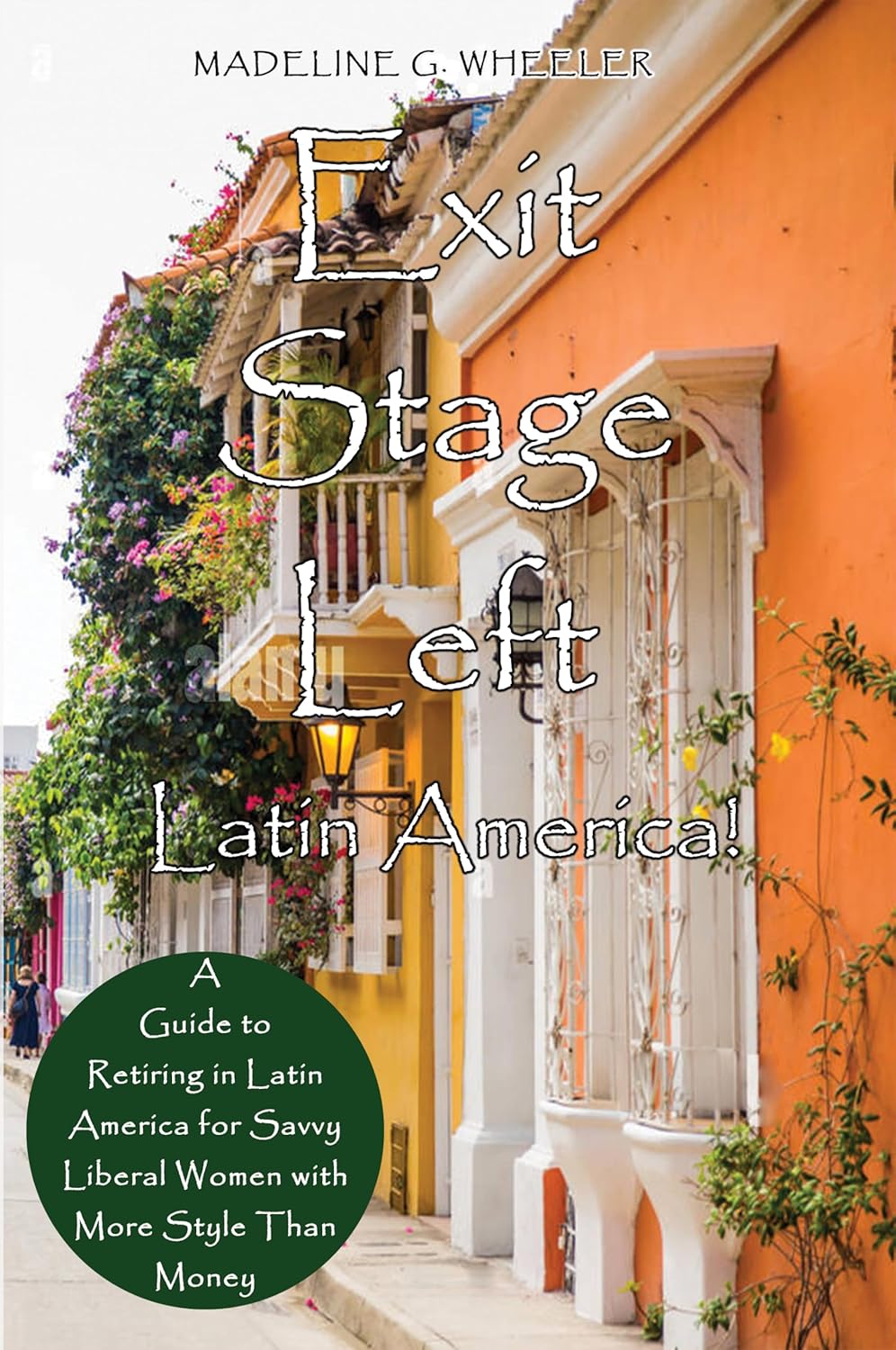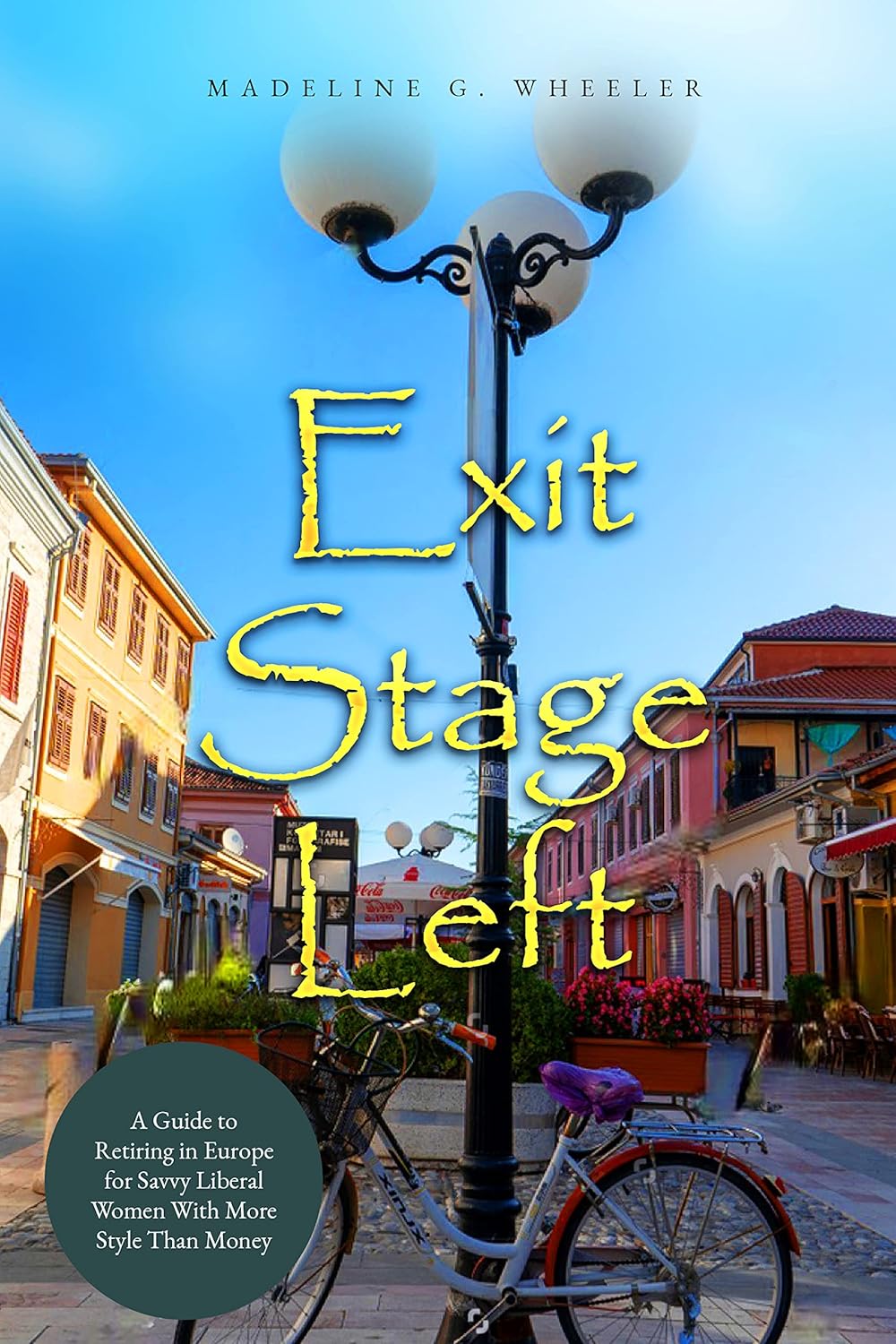Hi friends, thanks for stopping by to read why I love my country, but hate the price tag.
Yes, I left Canada out of the title, because this article speaks to low income single women. We might be from Canada, America, England, Australia, or anywhere else in the world. We love our country, but hate the price tag that comes from living here. On our low incomes, we’ve been out priced.
I don’t hate Canada, I just can’t afford to live here
Recently, I came across a tweet by Canadian financial expert Gail Vaz-Oxlade that hit a nerve.
In case the embedded Tweet goes away, she wrote: “If you hate Canada, move. No, you can’t take the land, it doesn’t belong to you. No, you can’t take the pension, you’ll have left that behind. Ditto your Canadian passport. Stop whining and blathering. This is a time for national unity and if you’re not on Team Canada, FUCK OFF!“
I don’t hate Canada. I’ve spent all of my life here working, paying taxes, and contributing in the quiet ways that don’t always make headlines like my volunteer work. What I do hate is how unaffordable it’s become for people like me. I’m a senior woman living on a limited income. I’m not angry at my country – I’m scared because I can’t afford to stay in it.
Gail’s tweet suggests that if life here isn’t working for you, the solution is simple: just leave. But for many of us, leaving isn’t simple. And staying? That can mean living in poverty.
Canada has become too expensive for low-income seniors
Every time I go grocery shopping, I feel like I’m bleeding money. A head of lettuce? $4. Rent? Forget it. I can’t keep up. Heat, hydro, dental care, a new pair of winter boots – all these things add up when you’re living on CPP (Canadian Pension Plan), OAS (Old Age Security), and maybe a bit of GIS (Guaranteed Income Supplement, it’s like welfare for seniors). And if you’re a woman who stayed home to raise kids, worked part-time, or took lower paying jobs just to survive, you know the government pension (CPP) you receive isn’t exactly generous.
I don’t expect luxury. I just want to be able to pay my bills, eat decently, and not worry about choosing between medication and groceries. Is that too much to ask after a lifetime of work?
Check out this Global News Story titled ‘It’s like a punishment’: Renters’ golden years tarnished by BC Housing backlog.
The first paragraph begins: “Seventy-six-year-old Shemin Hudda can’t afford to move from her rodent-infested Vancouver apartment because her pension won’t cover Vancouver’s current market rent.”
This is no way to live.
Just move? It’s not that simple
There are cheaper places in the world to live. I’ve looked into them, probably like many of you have. Countries like Mexico, Ecuador, Thailand, or Albania are often talked about in travel blogs or expat forums. And yes, in some of these places, the cost of living is much lower.
But there’s a catch.
Many of these countries require proof of a steady income. Sometimes $2,000 CAD or more per month just to qualify for a retirement visa. That’s simply out of reach for someone living on less than $1,500 a month. Some countries expect you to invest large sums of money up front. Buy a business, buy a house. Show proof you have half a million dollars in your bank account. Others require private health insurance that can cost hundreds per month. And many health insurers won’t cover you past age 75.
So no, it’s not just a matter of “packing up and leaving.” It’s paperwork, legal hurdles, red tape, and financial barriers most low-income seniors can’t cross.
The nomad option – cheaper but riskier
As most of you know, I became a nomad because it’s cheaper for me to keep moving around other countries than struggling to pay rent and survive in Canada. I keep my costs down by housesitting and volunteering to have a roof over my head. I might be homeless, but I’m not usually houseless.
Becoming a nomad forced me to become a minimalist. Everything I own travels with me. I keep downsizing to make sure my suitcase fits the weight requirements on airlines. I stuff things in my coat pockets to lighten the load.
Some retirees become nomads moving from one low-cost country to another, staying the maximum time allowed on a tourist visa. You get by with temporary rentals and hope your money stretches farther than it would in Canada. Or America.
It can work for a while. But it’s also unstable. You’re always on the move, often alone, without permanent health coverage or a legal right to stay longer. If you get sick or need long-term care, what then?
Check out my post about volunteering on Mayreau Island. Living on a Caribbean Island and taking care of dogs and goats sounded idyllic to me. Until my blood pressure got dangerously high and I decided to leave earlier than planned. Nothing is more important to me than my health.

The truth is, this nomadic life isn’t glamorous when it’s done out of necessity. It’s not about sipping wine in Tuscany. It’s about trying to stay afloat.
And guess what! I am tentatively planning to spend time in Italy toward the end of 2026 helping at an animal rescue. Picking up dog poop and scooping kitty litter boxes. Not exactly the glamorous lifestyle, but it’s a free place to live for awhile. And then just maybe I can afford the luxury of sipping a little wine in the evenings!
Exit Stage Left
Here’s a little food for thought by the author, Madeline G. Wheeler, of the Exit Stage Left books.
In the U.S.A. today, 58% of women between ages 56 and 61 have zero retirement savings. Out of all the women who do have retirement savings, 42% have around $30,000.
The numbers for Canadian women are probably pretty similar.
This means the majority of American women are relying solely on Social Security in their Golden Years. In Canada, the similar program is called Old Age Security. Possibly a little CPP (Canadian Pension Plan) depending on if the woman worked and how much she made in her working years.
The average S.S. benefit is around $1300, which means the majority of low income American women aren’t getting that much money. Probably closer to $1100/month.
In Canada, the average CPP payment is $844/month. LOL! Not even close! I’m about $300 less a month – and that’s after a lifetime of working hard in Canada. Often working more than one job. The OAS is $727/month. Both of these amounts are adjusted annually for inflation.
Now where in the United States can a senior woman live comfortably and safely for $1100/month?
Where in Canada can a senior woman live comfortably and safely on less than $1300/month?
The answer (both countries) is – NOWHERE!
Exit Stage Left. Books geared to savvy liberal women with more style than money.
There are two books in the series. One is a guide to retiring in Europe and the other is a guide to retiring in Latin America. With a little humor sprinkled in. I recommend you check them out if you’re debating whether to stay in Canada (or America) and live in poverty, or lead a better life in a country with a lower cost of living.
Disclosure: I’m an Amazon affiliate. If you click on one of the book covers, you will be taken to Amazon. If you make a purchase, I’ll receive a small commission for the referral.
Criticism isn’t unpatriotic – it’s honest
Gail’s tweet says this is a time for “national unity.” I agree. Canada needs to pull together. But that doesn’t mean silencing people who are struggling. Criticizing the cost of living or speaking out about poverty isn’t betrayal. It’s a wake-up call.
Real unity means acknowledging that not everyone is doing okay. It means listening, not shouting down people who dare to say, “This isn’t working for me.”
I’m not looking for pity. I’m looking for options. I want to live somewhere I can afford, whether that’s in Canada or abroad. But I shouldn’t have to choose between staying and being poor, or leaving and losing everything I’ve earned.
Loving a country doesn’t mean you can afford it
You can love Canada and still feel broken by it. You can be grateful for what you’ve had, and still say, “This isn’t sustainable.” That’s not being unpatriotic. That’s being real.
So no, I won’t “Fuck off,” Gail. I’ll keep speaking up. Not just for myself, but for all the other low income senior women who are facing the same impossible choices. We’ve worked too hard and come too far to be told we’re whining when we speak the truth.
Are you in the same boat?
If you’re a low-income senior woman thinking about moving abroad, becoming a nomad, or struggling to stay in Canada, I’d love to hear your story. We don’t have all the answers. But we’re not alone.
xoxo
Published by Cheryl @ The Lifestyle Digs on August 7, 2025






